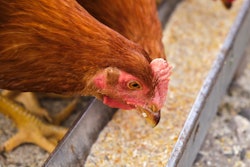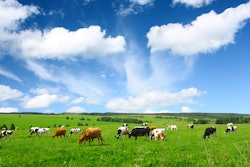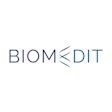The American Feed Industry Association (AFIA) applauds Sens. Michael Bennet, D-Colo., Mike Crapo, R-Idaho, Tammy Baldwin, D-Wis., and Jerry Moran, R-Kan., on the introduction of the Enteric Methane Innovation Tools for Lower Emissions and Sustainable Stock (EMIT LESS) Act (S. 4056).
By expanding the U.S. Department of Agriculture’s research and incentivizing the adoption of emission-reducing practices on farms, the bill aims to mitigate the significant environmental impact of enteric methane emissions from American dairy and beef cattle operations.
AFIA President and CEO Constance Cullman issued the following statement upon the bill’s introduction:
“We thank Sens. Bennet, Crapo, Baldwin and Moran for introducing a bill that strengthens our country’s research and conservation programs while recognizing the unique role that animal nutrition and feed ingredients play in reducing on-farm enteric methane emissions. The EMIT LESS Act shows that right alongside animal food innovators, our country is willing to invest in a more sustainable future.”
Key provisions in the bill include integrating emissions-reduction practices into the U.S. Department of Agriculture’s (USDA) conservation programs and providing financial incentives to farmers that voluntarily adopt them. Supported by a diverse coalition, including agricultural and environmental groups, the bill represents a bipartisan effort to promote sustainability in the agriculture sector.
The AFIA believes this bill will bring the United States closer to meeting its Global Methane Pledge, which intends to reduce methane emissions by 30% below 2020 levels by 2030.
“Feed and feed ingredients, such as methane inhibitors and modifiers, offer a promising avenue for achieving this goal, but the country will only realize their full benefits should farmers elect to use them once they have made it to market approval,” AFIA said in a press release. “The U.S. agricultural value chain needs legislation like this and the Innovative FEED Act (S. 1842 and H.R. 6687) in order to effectively leverage these novel feed ingredients to meet its methane reduction targets and pave the way for sustainable livestock production practices worldwide.”













